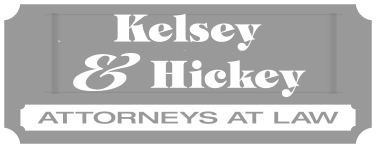While most people do not want to think about their estate plan, it is still an important document that guides your loved ones if something happens to you in the future.
If you want an estate plan that protects your assets and your family’s rights to their inheritance, you need to know the facts, not the myths. According to U.S. News, there are a lot of misconceptions about estate plans.
You cannot change your estate plan
You may worry that if you start your estate plan that you cannot change it later. No one knows what their life will look like years or decades from now. Your estate plan can change. In fact, you should modify your estate plan whenever you experience a major life change. For example, change your plan if you have children, if you receive an inheritance, or if you have a boost in income.
You do not need an estate plan yet
Many people do not see the point of thinking about an estate plan until they are older. Unfortunately, unexpected events can happen. If you just began in the workforce or have few assets, you can easily lay out what you want to happen with your belongings.
For young parents with children, you should have a guardian listed in your will. Choose someone you trust and you know would honor your wishes with your children.
Your will covers all of your assets
A will is an important estate planning document. It allows you to distribute your belongings to your heirs. However, wills do have limits. For example, if you have insurance accounts with beneficiaries or joint accounts, the will does not have power over those accounts.
